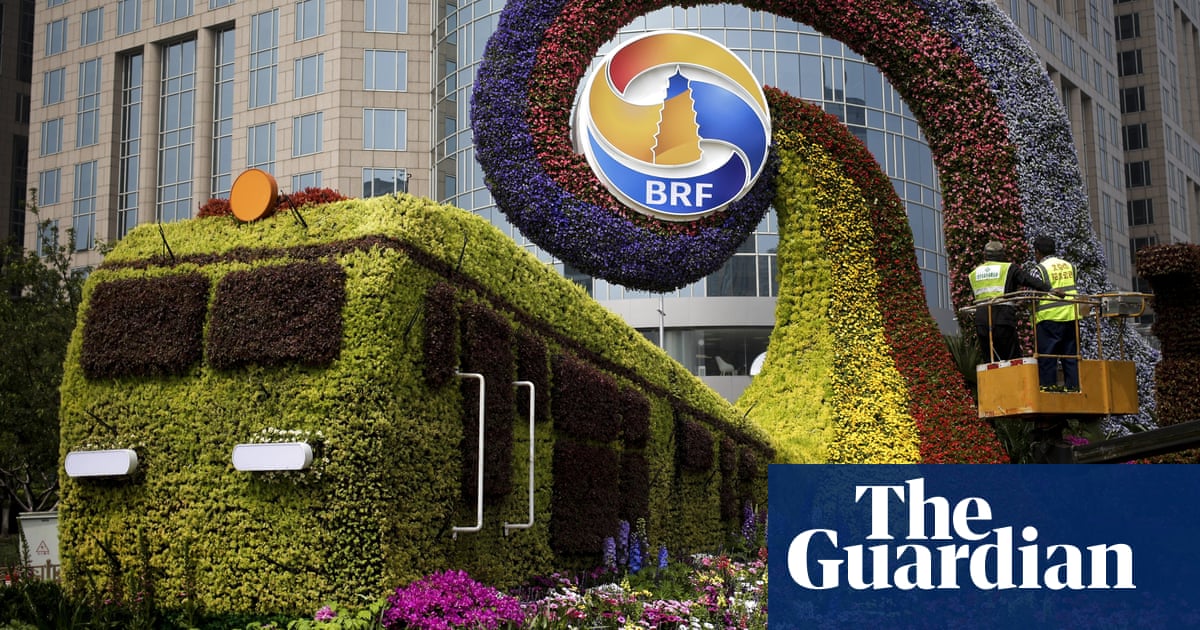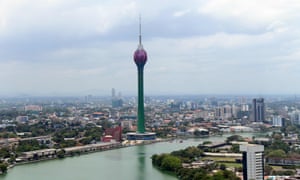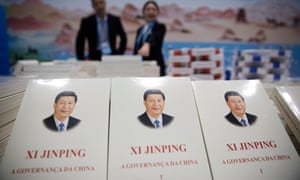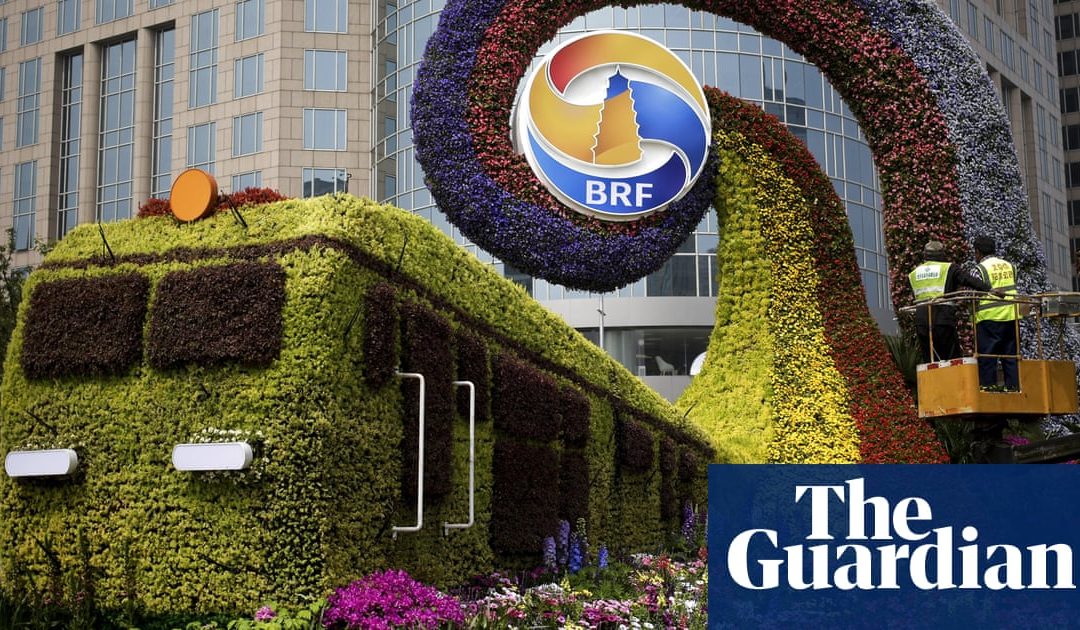Raft of countries including Turkey have refused to attend latest summit amid growing concern about debt diplomacy

As China fetes its Belt and Road initiative at a summit this week, Chinese officials will be working hard to defend the flagship project from growing international criticism.
The three-day forum starting on Thursday is meant to promote Chinese leader Xi Jinpings project of the century, a foreign policy initiative launched in 2013 to revive ancient trading routes between Asia and Europe, as well as build new links in the Middle East, Africa, and South America.
But in contrast to its first summit two years ago, the Belt and Road Initiative (BRI) takes place in a much less welcoming environment. Critics say the initiative is an effort to cement Chinese influence around the world by financially binding countries to Beijing by way of debt trap diplomacy.
The Belt and Road initiative (BRI) is not a geopolitical tool but a platform for cooperation, Chinese foreign minister Wang Yi said last week, ahead of the forum We welcome all parties to take part in it.
This weeks event is especially important for Beijing, which uses the forum as a way to convince the international community, as well as its own citizens, of the success of the project.
Beijing is likely to laud the memoranda of understanding signed at the event, which will conclude with a joint communique.

The overall purpose of the Belt and Road initiative is to generate legitimacy for the Chinese leadership and the Chinese Communist Party more broadly, said Thomas Eder, a research associate at the Mercator Institute for Chinese Studies.
Such prestige is bolstered by every government signing a BRI memorandum of understanding and every head of government attending a grand BRI summit in Beijing. These countries allow Xi Jinping to then tell Chinese citizens that the entire world is endorsing his policies and that he is the one to have put China firmly back at the centre of the global stage, Eder said.
The event is to be attended by 37 leaders, including Russian president Vladimir Putin, Italian prime minister Giuseppe Conte, UK chancellor Philip Hammond, Pakistans prime minister Imran Khan and the heads of state of the 10 Asean (Association of South-east Asian Nation) states. The US is reportedly sending low-level delegates, and India is not attending.
Countries that previously attended but have chosen not to come this year include Turkey, which has publicly criticised China over is treatment of the Uighurs, a Muslim minority, Poland, Spain, Fiji, Sri Lanka, and Argentina, according to the Eurasia Group, citing geopolitical issues as a possible reason.

Critics have also called for China to institutionalise the Belt and Road initiative, so that the project is not seen as entirely Chinese-led. Others have cited environmental concerns, as Chinese companies build coal power projects around the world. Coal projects accounted for as much as 42% of Chinas overseas investment in 2018, according to the China Global Energy Finance database.
For the sake of the planet, for people who could be breathing in pollutants from coal plants and for the long-term economic health of many developing countries, lets hope BRI quits coal, said Wawa Wang, senior adviser at VedvarendeEnergi in Denmark.
Ahead of the forum, China has scored some key wins for the project. Italy is now the first G7 country to endorse the initiative, after signing up for Belt and Road in March, despite criticism from the US. This month, Malaysia agreed to continue a $10.7bn rail project, previously cancelled.
So far, China has signed more than 170 agreements with 125 countries, according to Chinese state media. Between 2013 and 2018, these deals totalled more than $90bn in Chinese investment.
Beijing has also begun to take some steps to soothe concerns. Officials are reportedly drafting rules on which projects can be called Belt and Road, to prevent the initiatives brand from being diluted by unsuccessful projects. Chinese ambassadors in Kenya and Mexico have published editorials in local media defending the initiative.
On Friday, Xi will give a keynote address, where he is likely to strike a similar tone. The Belt and Road is an initiative for economic cooperation, instead of a geopolitical alliance or military league, and it is an open and inclusive process rather than an exclusive bloc or China club, Xi said in remarks given at a symposium in August.


Recent Comments